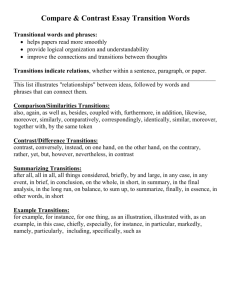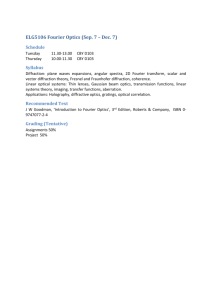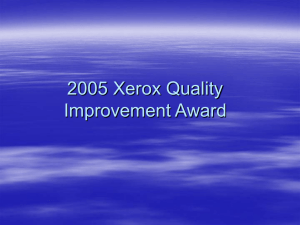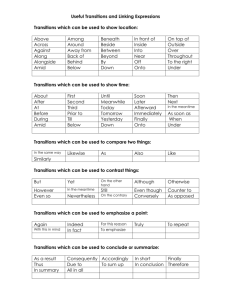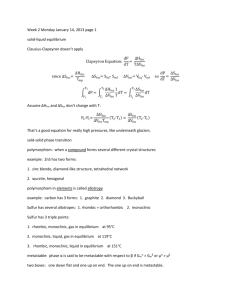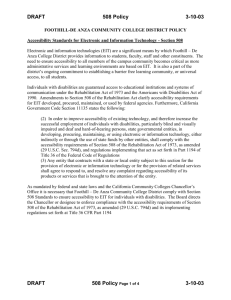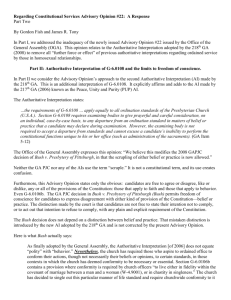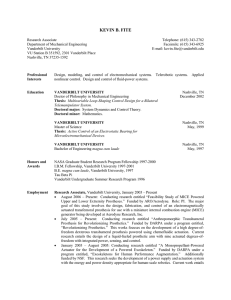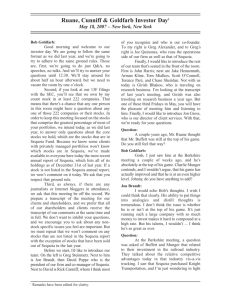Call for applications to a doctoral fellowship of the doctoral school
advertisement
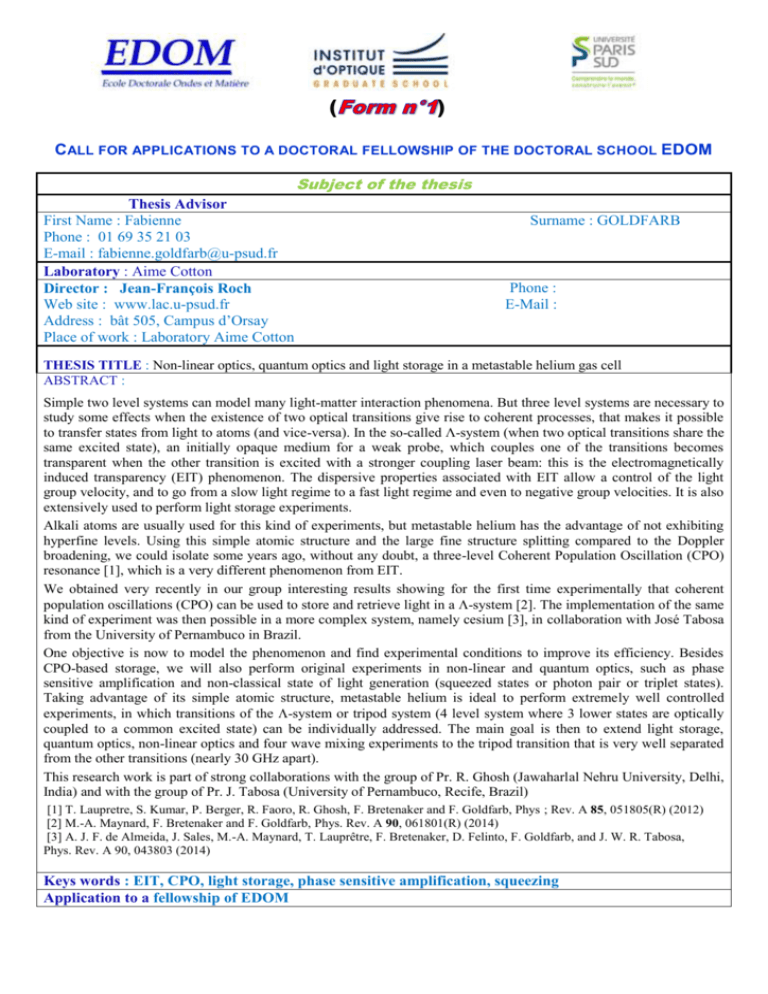
( ) CALL FOR APPLICATIONS TO A DOCTORAL FELLOWSHIP OF THE DOCTORAL SCHOOL EDOM Subject of the thesis Thesis Advisor First Name : Fabienne Phone : 01 69 35 21 03 E-mail : fabienne.goldfarb@u-psud.fr Laboratory : Aime Cotton Director : Jean-François Roch Web site : www.lac.u-psud.fr Address : bât 505, Campus d’Orsay Place of work : Laboratory Aime Cotton Surname : GOLDFARB Phone : E-Mail : THESIS TITLE : Non-linear optics, quantum optics and light storage in a metastable helium gas cell ABSTRACT : Simple two level systems can model many light-matter interaction phenomena. But three level systems are necessary to study some effects when the existence of two optical transitions give rise to coherent processes, that makes it possible to transfer states from light to atoms (and vice-versa). In the so-called Λ-system (when two optical transitions share the same excited state), an initially opaque medium for a weak probe, which couples one of the transitions becomes transparent when the other transition is excited with a stronger coupling laser beam: this is the electromagnetically induced transparency (EIT) phenomenon. The dispersive properties associated with EIT allow a control of the light group velocity, and to go from a slow light regime to a fast light regime and even to negative group velocities. It is also extensively used to perform light storage experiments. Alkali atoms are usually used for this kind of experiments, but metastable helium has the advantage of not exhibiting hyperfine levels. Using this simple atomic structure and the large fine structure splitting compared to the Doppler broadening, we could isolate some years ago, without any doubt, a three-level Coherent Population Oscillation (CPO) resonance [1], which is a very different phenomenon from EIT. We obtained very recently in our group interesting results showing for the first time experimentally that coherent population oscillations (CPO) can be used to store and retrieve light in a -system [2]. The implementation of the same kind of experiment was then possible in a more complex system, namely cesium [3], in collaboration with José Tabosa from the University of Pernambuco in Brazil. One objective is now to model the phenomenon and find experimental conditions to improve its efficiency. Besides CPO-based storage, we will also perform original experiments in non-linear and quantum optics, such as phase sensitive amplification and non-classical state of light generation (squeezed states or photon pair or triplet states). Taking advantage of its simple atomic structure, metastable helium is ideal to perform extremely well controlled experiments, in which transitions of the -system or tripod system (4 level system where 3 lower states are optically coupled to a common excited state) can be individually addressed. The main goal is then to extend light storage, quantum optics, non-linear optics and four wave mixing experiments to the tripod transition that is very well separated from the other transitions (nearly 30 GHz apart). This research work is part of strong collaborations with the group of Pr. R. Ghosh (Jawaharlal Nehru University, Delhi, India) and with the group of Pr. J. Tabosa (University of Pernambuco, Recife, Brazil) [1] T. Laupretre, S. Kumar, P. Berger, R. Faoro, R. Ghosh, F. Bretenaker and F. Goldfarb, Phys ; Rev. A 85, 051805(R) (2012) [2] M.-A. Maynard, F. Bretenaker and F. Goldfarb, Phys. Rev. A 90, 061801(R) (2014) [3] A. J. F. de Almeida, J. Sales, M.-A. Maynard, T. Lauprêtre, F. Bretenaker, D. Felinto, F. Goldfarb, and J. W. R. Tabosa, Phys. Rev. A 90, 043803 (2014) Keys words : EIT, CPO, light storage, phase sensitive amplification, squeezing Application to a fellowship of EDOM

